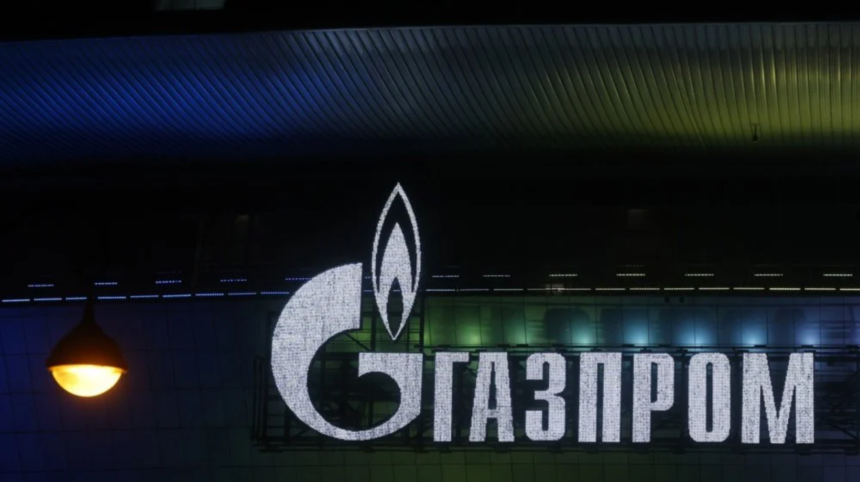The flow of Russian gas through Ukrainian pipelines came to a halt today, marking the end of Moscow’s decades-long dominance in the European energy market, Reuters reports. Despite a three-year war in Ukraine, gas continued to flow through Soviet-era pipelines until Russian energy giant Gazprom announced this morning that the supply had been cut off at 5 a.m. Ukraine declined to renew the transit agreement.
The cessation of transit is not expected to impact gas prices for European Union consumers, unlike in 2022, when reduced supplies from Russia led to record-high prices, increased living costs, and diminished EU competitiveness. The final EU consumers of Russian gas via Ukraine, such as Slovakia and Austria, have secured alternative sources. Hungary, however, will continue receiving gas through the TurkStream pipeline, which runs beneath the Black Sea.
The European Commission stated it had prepared for this disruption by sourcing gas from Norway, Qatar, and the United States in advance.
Ukrainian Energy Minister Herman Halushchenko hailed the development as historic, emphasizing that Russia is losing both market share and financial leverage. However, the halt will cost Ukraine nearly $1 billion annually in lost transit fees.
To mitigate this financial setback, Ukraine will quadruple gas transmission tariffs for domestic consumers starting today, a move that could cost the country’s industries over $38.2 million annually.
This significant shift in Europe’s energy landscape underscores the continent’s efforts to reduce reliance on Russian energy while reshaping geopolitical dynamics in the region.







